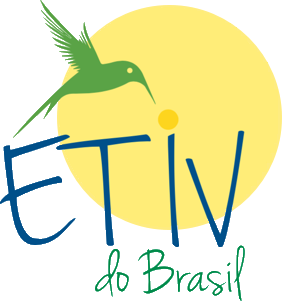Great things have small beginnings
Educating on pesticides and organic agriculture
Here at ETIV, we always promote sustainable practices that protect both the planet and the health of the people who live on it. For this reason, we have backed the introduction of recycling facilities to our town of Itacaré1, and part of our environmental curriculum revolves around teaching the children of the community how to recycle properly. Beyond recycling, we are now starting a programme within our environmental classes to encourage the use of organic agriculture and to raise awareness about the dangers posed to both personal health and wider biodiversity by pesticides and artificial fertilizers. To this end, we are working with children in our on-site vegetable garden to teach them about processes such as composting and horticulture.
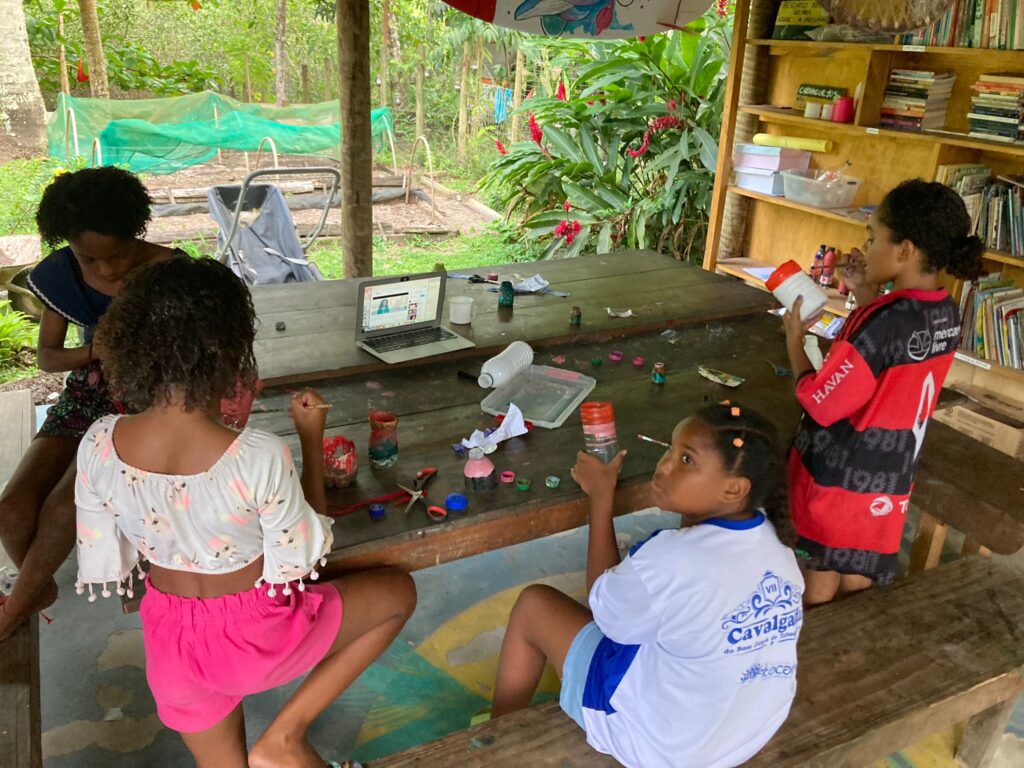
The idea is that the more our students engage with these sustainable practices, the more they will learn about the key issues behind them and will also end up with a greater appreciation for engaging with nature in that hands-on fashion! In all of this, it is important to discuss with the children that pesticides are an integral part of modern agriculture that have helped to increase crop yields and feed millions, but that in the future we hope to transition to safer practices such as using natural predators to control pests. We encourage them to look out for organic certificates on their food and crucially to wash fruit and vegetables before eating them. As a practical activity, we have even started a project in which each student has created their own seedling pot to look after and eventually transfer into the vegetable garden and actively take part in the process of growing food.
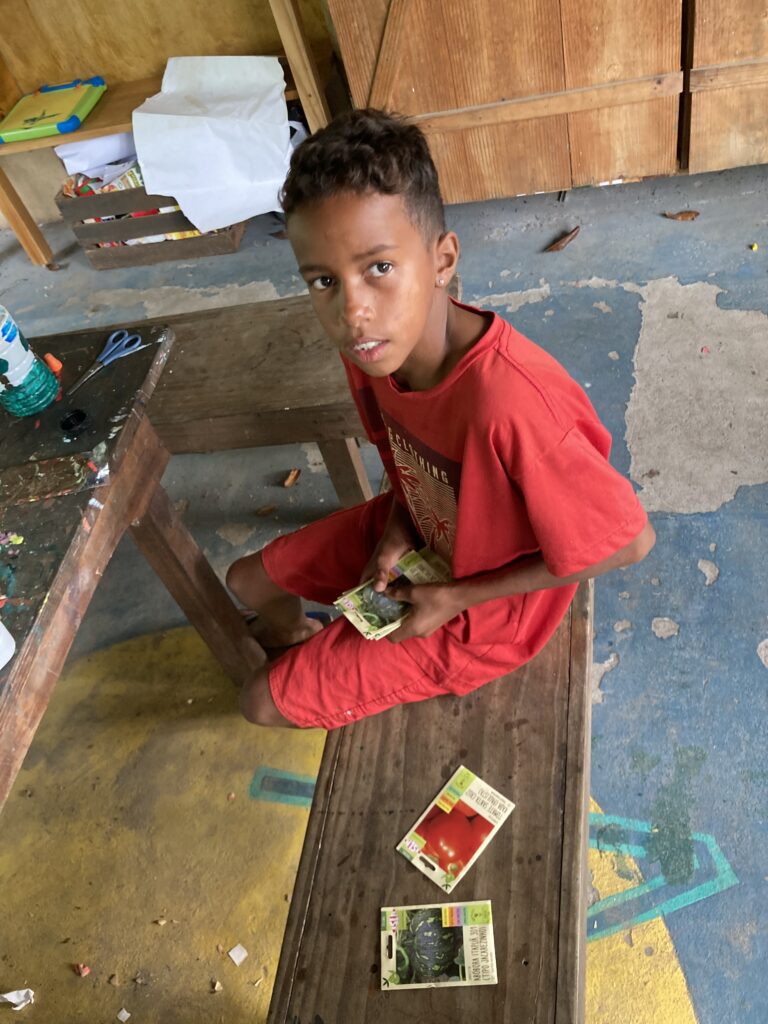
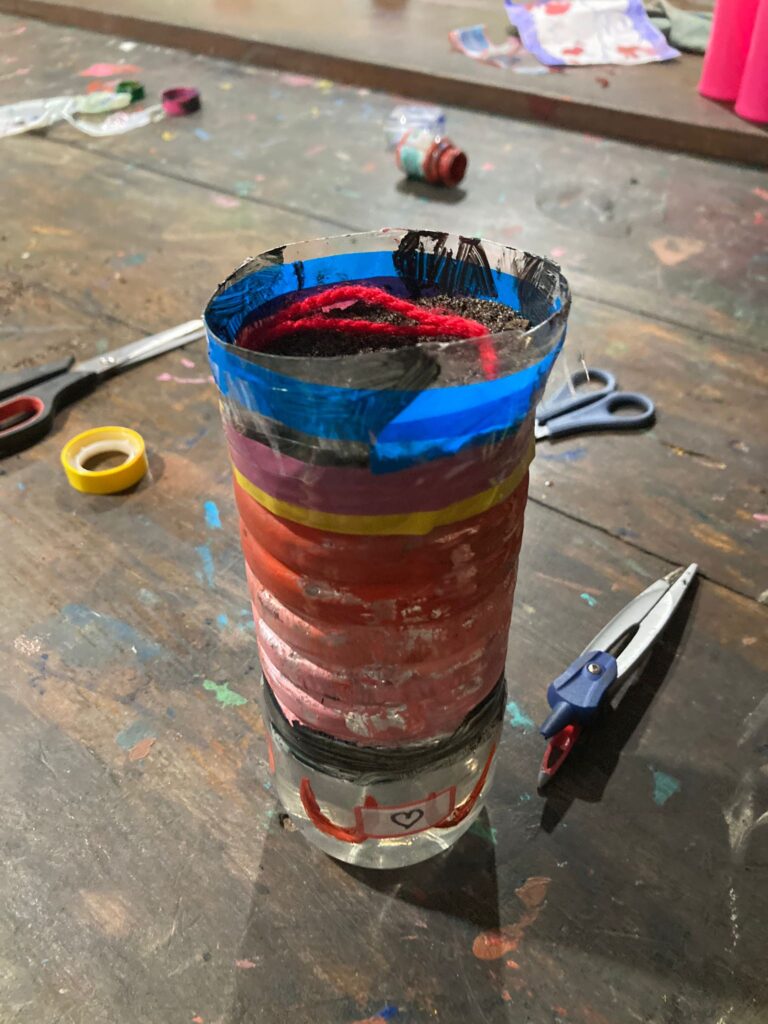
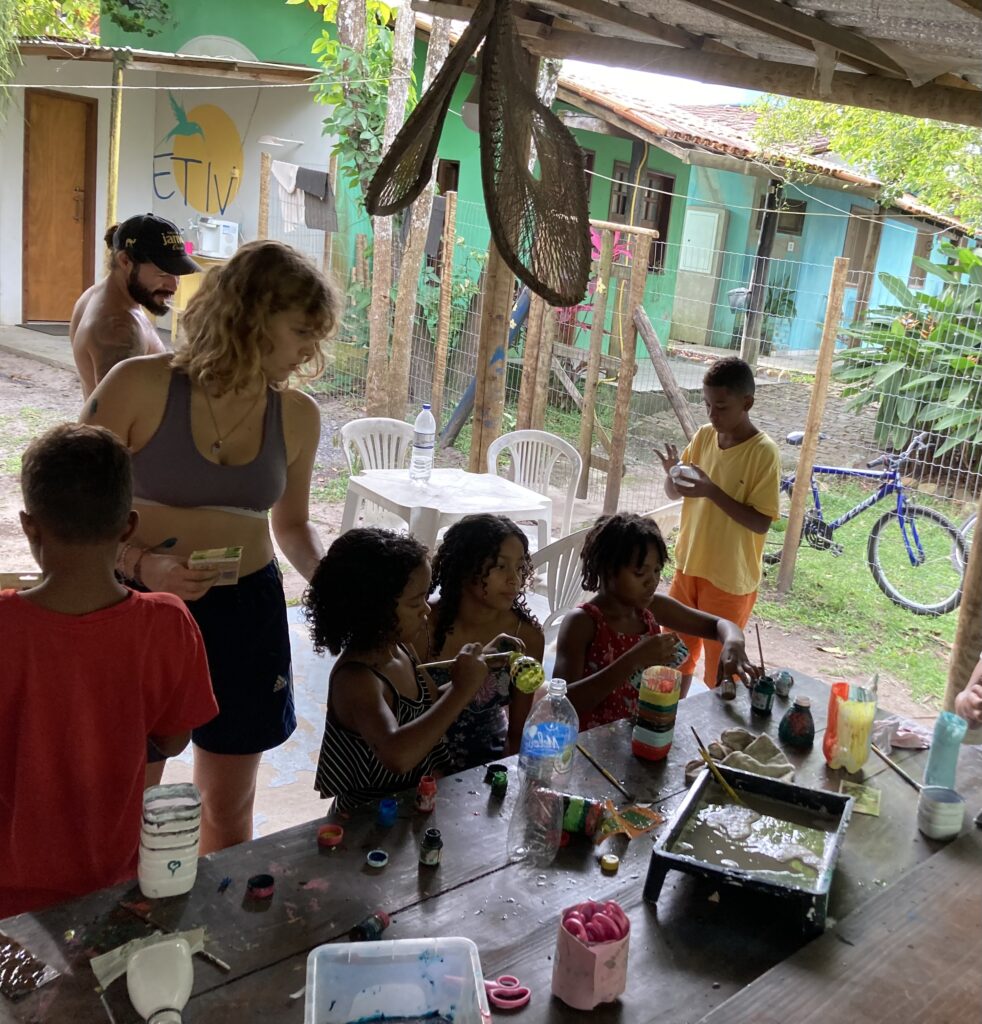
Sadly, the lobbying power of Brazil’s huge agroindustry means that the country uses up to five times the amount of Highly Hazardous Pesticides (HHPs)2 as a proportion of total pesticide use when compared to major European nations. These chemicals pose an acute risk to human health, and needless to say their use is damaging to the biodiversity of the surrounding region, and even to far-fetched locales when the run-off enters water systems.
This makes our work with the children of Itacaré all the more crucial, as the risks they are exposed to by this political decision are far greater than in many countries, while their general knowledge on the subject lags behind due to a lack of coverage in schools’ curriculums. We hope that by raising awareness of these issues at a grassroots level, tomorrow’s community in Itacaré will be better equipped to stand up to local government and industry and demand more transparency and better standards when it comes to the use of HHPs. This work makes a small but tangible contribution to enabling the community to protect itself against threats posed by callous agroindustry. We encourage other NGOs and educational institutions to open the discussion on the use of pesticides wherever they are, and together we may stand a chance of changing things for the better!
by Oskar James Maitland
1. https://itacare.ba.gov.br/moradores-e-comerciantes-aderem-ao-programa-de-coleta-seletiva-em-itacare/
-
Interning with ETIV’s new IT Program
My experience combining my interest in data science and cultural immersion as an intern at ETIV.
-
Environmental Education at ETIV
How ETIV environmental education program is helping students connect with nature and learn how to protect their environment.
-
A Rainy Day in Itacaré
An ETIV volunteer’s routine and reflections on a rainy day in Itacaré
-
My Volunteer Routine
My daily routine as a volunteer at ETIV
-
Beach Camping around Itacaré
Beach Camping around Itacaré There’s nothing quite like sleeping under%rarebiz-readmore%
-
The Lost Cachoeira: Part 1
The Lost Cachoeira: Part 1 A little throwback to 2019,%rarebiz-readmore%
